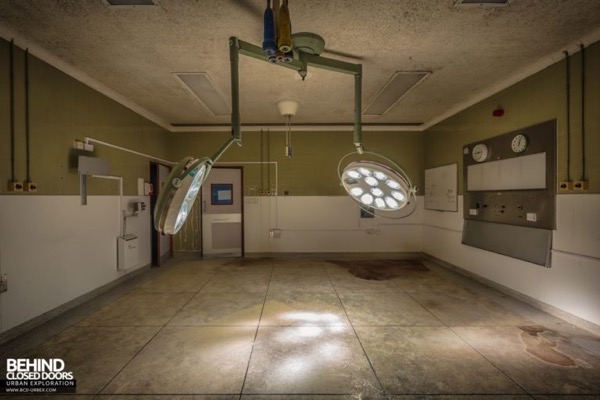
I recently had the opportunity to meet one of my early surgical mentors. He guessed that we had worked together a decade ago, where it was in reality much closer to two decades. He was genuinely surprised by this. I don’t know if his protests were rooted more in his own self-perception, or my youthful appearance, but I will take it as a compliment.
Already an experienced surgeon when I first met him, I felt the contrast between his “old school” experience and my own “younger fellow” idealism. Surgery has seen vast developments, even in the last twenty years, let alone a full surgical career. Thirty years ago, gastric suppression drugs, such as proton pump inhibitors, were unheard of, and the role of Helicobacter was not understood. Complicated ulcer disease was a very common hospital presentation, and in the absence of flexible endoscopy, surgery was one of the few treatments. In fact, my colleague told me that one of their ward treatments for gastric bleeding was nasogastric installation of ice water to promote vasospasm.
Our expectations of competency in general surgery are based on a recent memory of these diseases. Every surgeon should be able to deal with a bleeding ulcer, and do a gastric resection if required. While that was undoubtedly necessary thirty years ago, it is a much smaller part of our practice now. I had not operated on a patient with bleeding ulcer until I was finished my training. This is not unusual – these diseases are simply not that common.
There are other examples of change. The advent of ERCP and laparoscopic cholecystectomy together have led to less open bile duct explorations, and surgical trainees who have no experience in operating on and repairing the bile ducts. In fact, many are more scared of the bile duct than a major blood vessel. General surgeons less commonly operate on skin lesions, so we are much less experienced at local reconstruction. Open abdominal surgery is less common, so we have to develop the dual skills of open and laparoscopic mobilisation of the bowel. Splenectomy is rare due to improved passive safety and seatbelts, and splenic trauma is increasingly treated with embolisation and in trauma centres. As a result, many young general surgeons haven’t removed many bleeding spleens (in Australia, at least).
So, if surgical practice changes drastically in the space of a career, we probably need to adjust our expectations of skill minimums in graduating trainees. However, the most senior generation of surgeons tends to be the group that dictates training standards. Although natural, the expectation is that trainees to know what they need to know now, AND what they would have needed to know thirty years ago.
As educators, I dream that we are all professional enough to take these biases into account, and generously accept that new trainees will need a different spread of competence than senior surgeons. Pragmatically, I think we will judge them for being under skilled and experience poor, and continuously sabotage their confidence and training time.
(As an aside, I think it is a bit absurd that I am genuinely a younger fellow at 43 years old. Educational constructs that create this sort of contrast do a lot of devalue our trainees, who at 30 and 35 may not have even achieved “Younger Surgeon” status in their own mind.)
Image used with permission “Behind Closed Doors”